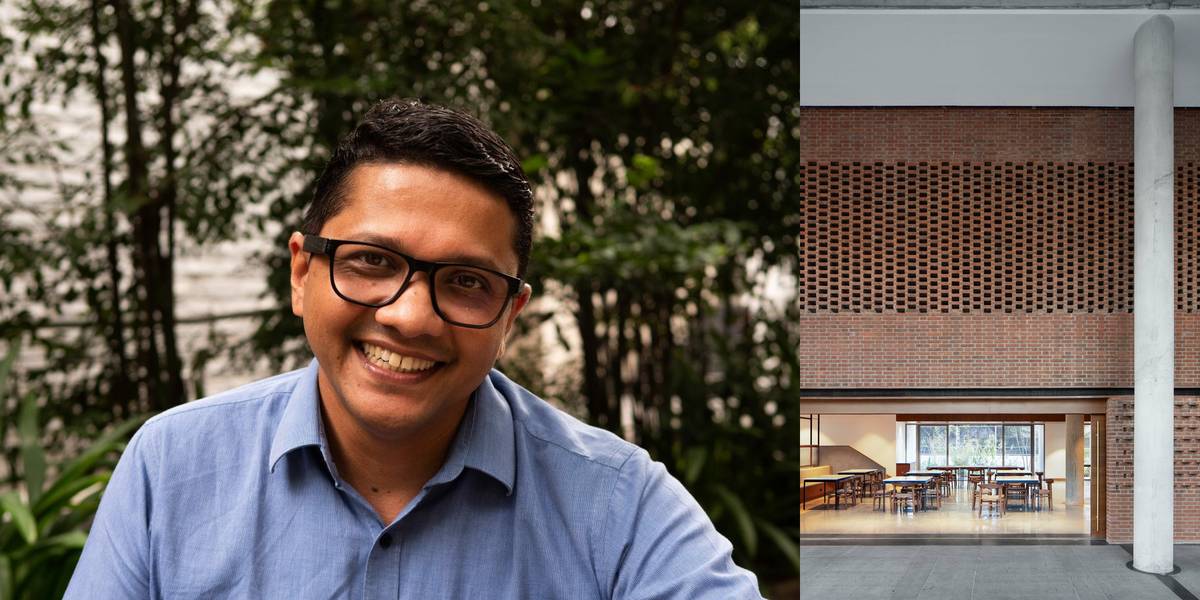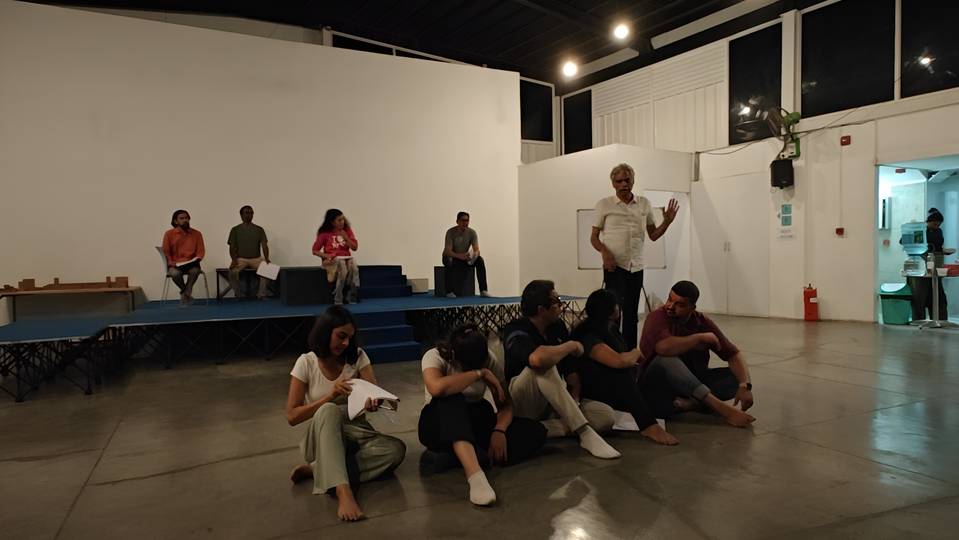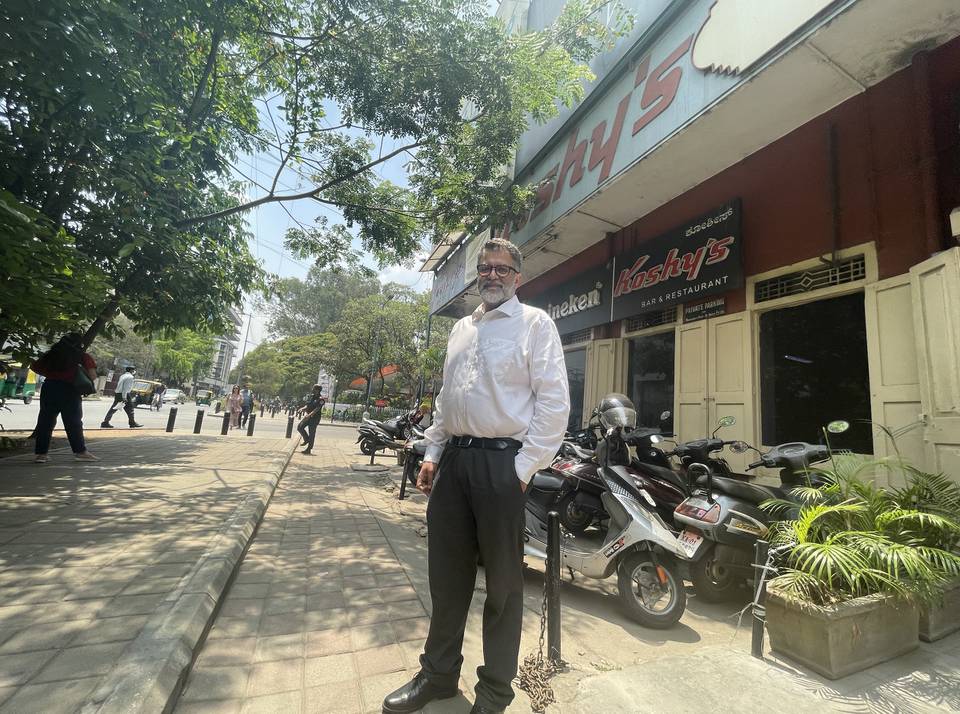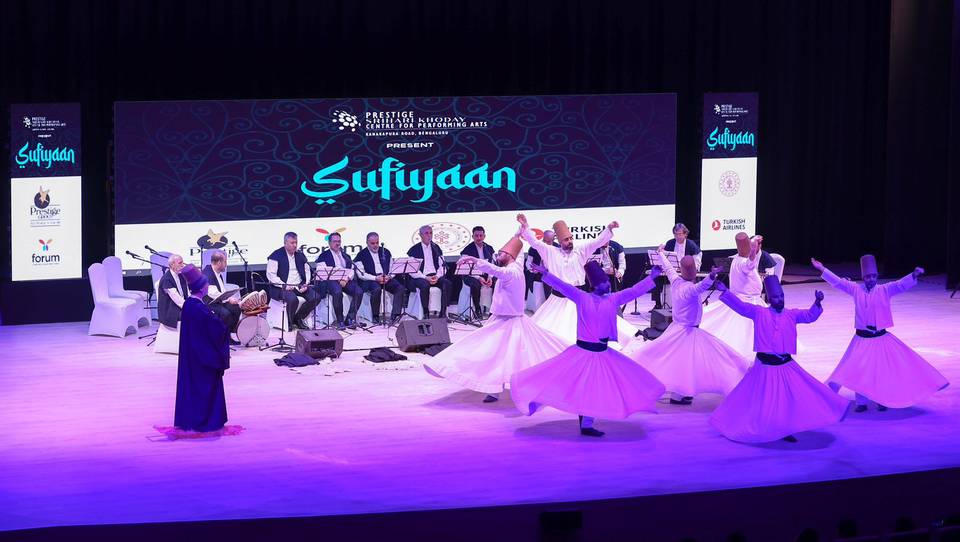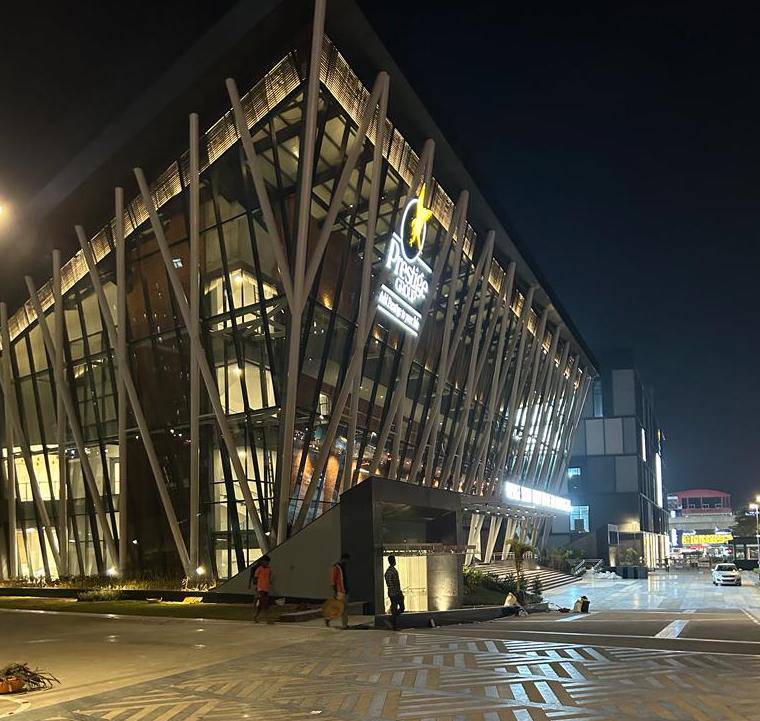Jacaranda Branches Out
Oct 11, 2019, 11 31 | Updated: Oct 11, 2019, 11 31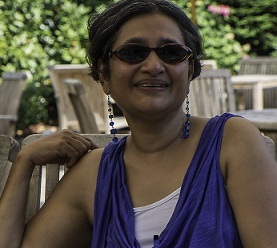
Jayapriya Vasudevan, owner of Jacaranda Literary Agency, has been helping authors see their works take shape 'from manuscript to book' for over a decade now. What started as a one-woman enterprise has grown to represent more than 45 authors across South East Asia and beyond. She shares her experiences of this fascinating journey with Sunory Dutt.
As India's first literary agency, what were some of the challenges you faced back in the late '90s when the concept was quite alien to the Indian market?
The first part was to really understand what an agent did. I had no one to learn from. I had an editor friend Amrita Chak work with me to get the manuscripts in good shape and I just posted them to publishers. There are many publishers who refused to take submissions from me.
Why did you feel the need to set up Jacaranda back then?
It was just a moment. I knew writers and publishers through my previous avatar of running a bookstore (R&B on Dickenson Road). I loved the idea of working on actual books, working from the ground up. And with my retail experience, I think it helped me make good choices. It was a natural progression to what I had been doing for years. My very solid publishing background set me up perfectly to be an agent. It sort of married everything I knew.Also I was forced to start Jacaranda by this wonderful man called Anwar Peerbhoy. He was a customer at the bookstore and when I wanted to set up something on my own, he took me to the bank and put Rs. 20,000 in an account and said, "There, now start". If not for him,Jacaranda might have just been a story in my head.
You’ve been hailed as “one of India’s most dynamic booksellers.”How was the experience of operating a bookstore in the late ‘90s in Bangalore?
I loved running R&B. There is an immediacy and an instant connect to a reader in a boutique bookstore. It was magical. I ran it for about two years. And someday, I would like to run a small bookstore again. And maybe run the literary agency from it.
How did you convince authors to sign up with you?
The authors just found me. Amrita and I put the word out. Within a week we had more than 40 manuscripts. We picked nine. Of these we are very proud to have had Anita Nair and Shashi Warrier’s first novels, Rohini Nilekani’s medical thriller and a book on the animal activist Crystal Rogers who started CUPA. The list was really an A-list.
How did you get so plugged into the book-publishing world?
Hard work. Going to bookfairs – I make it a point to attend the London and Frankfurt book fairs every year. But I do travel to other countries, not for fairs but to meet publishers. New York is on the cards every year. As is Singapore. Taking on debut authors. It also helped that I come from a strong publishing family.
Tell us more about the writers in your family.
Oh the writers in my family! My father was a journalist. Both my brothers are authors. Naturally, Jacaranda represents their work! Anant Rangaswami writes on advertising and branding. He is also a journalist. J.P Rangaswami works in technology and is writing a book on information and food. He blogs regularly on confusedofcalcutta. My husband Harish Vasudevan blogs too. He is also writing a book on advertising. My sister Jayanti Tambe is writing a book for teachers. My daughter Miel and I wrote the Lonely Planet guide on Singapore for the Indian Traveller last year.
Why should authors use agents and not directly approach publishers?
I’ve said this before. Writers should write. And someone else should do the rest. I think as agents, we know how to pitch a book,whom to pitch it to,and how to help the author put it all together. It’s good to have an agent to negotiate fair contracts and look out for the author. Agents work for the author. Not the publisher. In Jacaranda’s case, we are very hands on. We interfere with everything and partner the writer every step of the way.
Jacaranda has agents working out of Singapore, Manila and Nairobi. We will be running a home stay writer’s residency in conjunction with Sangam House, and we are also starting the Jacaranda Literacy Foundation soon.
What are the kinds of advances you’ve been able to Jacaranda’s authors?
I’d like to use the word fair. For some books like Naman Ramachandran’s Rajnikanth: The Definitive Biography, the advances have been high. It’s all maths really. Print run plus price of book plus royaltyequals advance!
Who are some of Jacaranda’s most (financially) successful authors?
Look at where Anita Nair is! I am really pleased that we will be representing her new trilogy. Shashi Warrier’s The Last Hangman has just been published by Atlantic Books, UK, and is getting wonderful reviews. Naman Ramachandran’s Rajnikanth: The Definitive Biographyis a story in itself. The book went into auction. Think about it. An unwritten book, an unauthorised biography and a new author. What a journey that was! We’ve done two business books, one on talent economics and one on Satyam, both have sold more than 10,000 copies.
How do you decide if a book’s 'saleable'?
Only instinct. Only that. It’s so subjective really. The writer pitches to an agent. The agent pitches to a single editor and so the journey begins. Trends do play a role in what sells so I have to be aware of that. But good writing will find a place.
At present non-fiction in any genre (business, health, memoir, travel), good fiction, lots of commercial fiction, children’s books are the ones being most published.
Unfortunately at this moment, there’s very little room for good literary fiction. It has sold in very small numbers in the last few years especially in the area of debut writing. A lot of the fiction that comes our way tends to veer towards literary fiction. It’s either the very commercial books that sell easily or the very well known. The rest are a hard sell. But that doesn’t stop me from taking on a book I like, especially if the writing is good.
Typically how long does it take to get a book accepted? What has been your quickest sell to date?
Time taken, anything from 6 months to 5 years! But I did sell the Rajnikanth bio by Naman Ramachandran in two weeks.
Do you pitch the books to foreign publishers or exclusively to Indians?
We sell rights everywhere. Not every book will travel. Some books sell only in their home countries.
What of the competition among literary agents in India? Do you have monopoly of the market, or are there others too?
There are tons of agents in India. Tons. It’s not about competing. We each have to sell the books on our own list. Our job is to represent our authors and sell their work. And not worry about books on other agents’ lists.
What do you see in the future for book publishing, e-books vs. paper?
I guess the really commercial books will sell more as e-books. I am sure paper books will not disappear. I think personally I would still like beautiful editions of books I like. Besides, not everyone has access to electronic devices. Children’s books will always be around. And most people still like the feel of a proper book. My teenage daughter though is equally comfortable with e-books and print books. Ten years later, it might all be different.
How does one approach you to get their book published? And are there any prerequisites required to be a writer?
Most writers just find us off the Internet or through one of our own writers. We have clear submission instructions on our website (www.jacaranda-press.com.sg). If someone wants to be a writer, it’s really simple; they must be able to write. The number of badly written or incomplete manuscripts we get is crazy. Writers should take time to finish their books, to put together all the information we need and then send the manuscript.
Since you’re currently based in Nairobi, how often to you visit Bangalore, and what did you love/hate about the city?
I usually visit once a year. I was there in December for the launches of Radha Thomas’ and Naman Ramachandran’s books. I love Koshy’s, Grasshoper, Cubbon Park, Darshinis, and Blossoms. The weather. I hate the traffic jams,and the fact that I can’t do too many meetings. So I just go to Koshy’s for the day and meet everyone there.
------------------------------------------------------------------------------------------------
Jacaranda’s authors with a Bangalore connect:
Anita Nair: Bestselling author of The Better Man, Ladies Coupe, Mistress, Lessons in Forgetting and Cut Like Wound. Her books have been translated into over 30 languages around the world. Her screenplay for the film adaptation of Lessons in Forgetting won this year’s National Film Award.
Radha Thomas: Author of Men On My Mind, the first of a trilogy published by Rupa. She is also the lead singer of her jazz band UNK: The Radha Thomas Ensemble, one of India’s most original and dynamic bands featuring musicians from all over the globe.
Naman Ramachandran: Author of Lights, Camera, Masala: Making Movies in Mumbai and Rajinikanth: The Definitive Biography. He is the film critic for South Asian cinema at Sight & Sound; Senior South Asia Correspondent at Variety; and in charge of the UK and Ireland desks at Cineuropa. Bombay’s Most Wanted, the film based on Naman’s first screenplay, is currently receiving festival play.
Dr Issac Mathai: Internationally renowned holistic health consultant and the Founder, Chairman, Managing & Medical Director of SOUKYA International Holistic Health Centre, is also the author of Holistic Healing.
Samhita Arni: She has had a varied career that has included being a professional dishwasher, hotel maid, assistant director on a documentary film, caregiver, TV reporter on the fashion show-beat, editor, light-board operator, and most recently, head scriptwriter on an Afghan TV series in Kabul. But she likes being a novelist best of all – a career choice that allows her to wake up late, bathe when she pleases and consume vast quantities of espresso. In her book Maya and the Incredible Aunts, meet the Bangalore of today, where swamis and managements institutes jostle for space at every street corner. And encounter life Indian-family-style – full of unexpected-yet-hilarious twists, confounding situations, comic characters and, of course, teeming with incredible Aunts.
Laxmi Hariharan: Listed among top 5 women in media in India, she has helped launch and build several in more than 30countries across Europe, India, Asia and Australia. Her Indian Star Wars epic fantasy novel, The Destiny of Shaitan is a coming of age story painted against the backdrop of a post-apocalyptic galaxy.
Kavitha Rao and Charukesi Ramadurai: Their book Get your Name in Print: a Beginner’s Guide to Freelance Journalism helps you do exactly what the title suggests and contains tips, advice, and anecdotes from editors and top freelance journalists.
Among the authors listed above, Jacaranda has also represented music producer, composer, song-writer and singerBiddu; Maya Jayapal; Rohini Nilekani’s book which was the first Jacaranda ever sold; Mahesh Dattani’s first book, Prasad Bidapa’s cookbook, Kiran Mazumdar’s Ale and Arty and Mr and Mrs Chinnappa’s books on the Kodavas.


